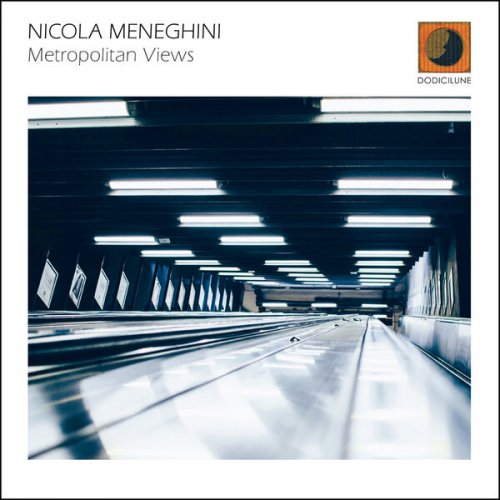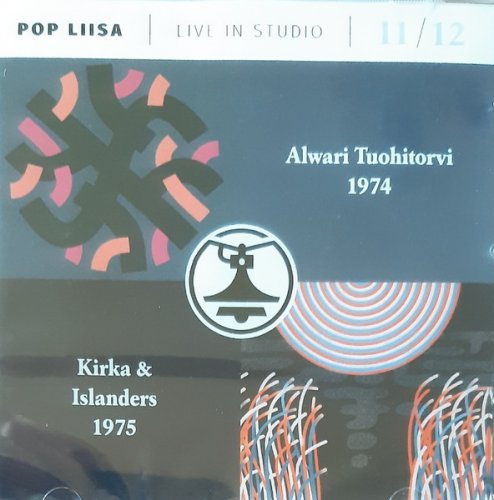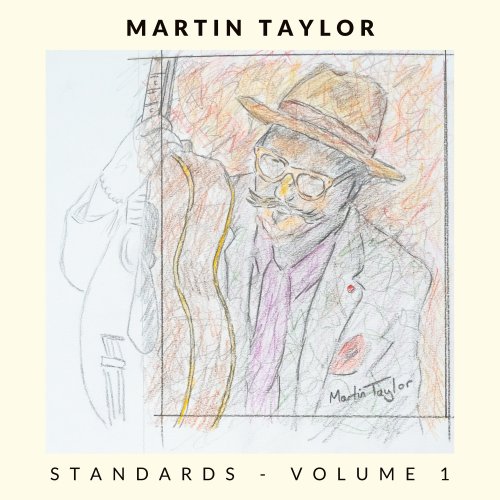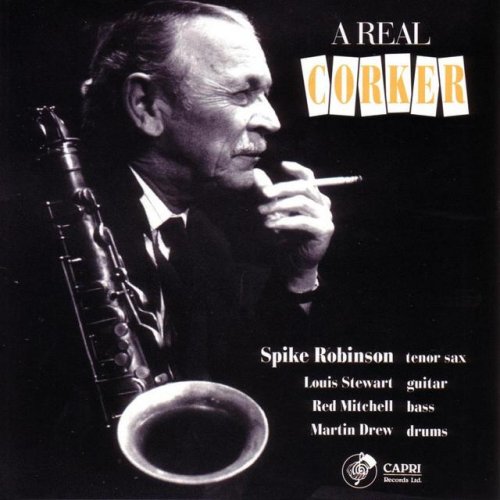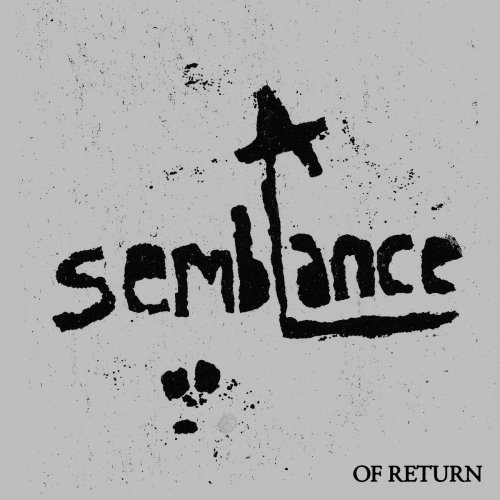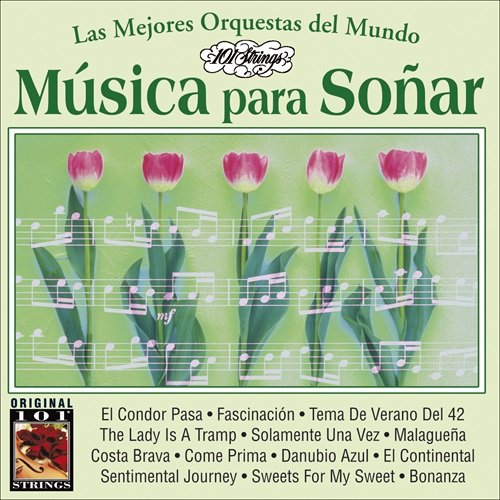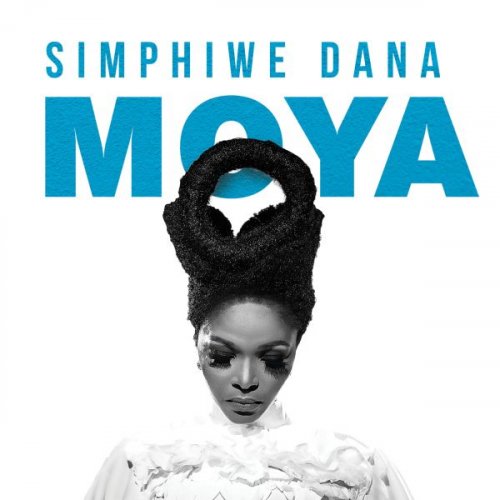Gabor Szabo - Jazz Raga (2010)
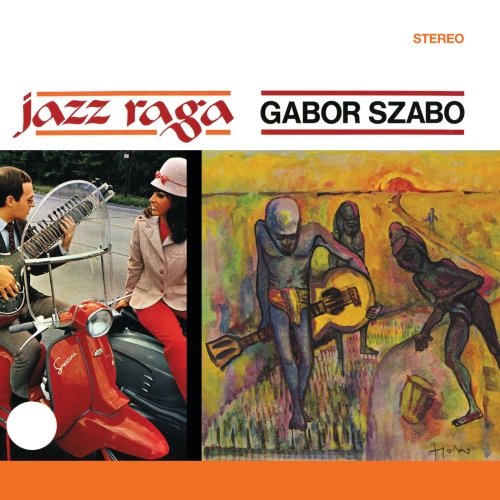
Artist: Gabor Szabo
Title: Jazz Raga
Year Of Release: 2010
Label: Verve Reissues
Genre: Jazz
Quality: FLAC (tracks) / 320 kbps
Total Time: 00:34:02
Total Size: 211 / 79 MB
WebSite: Album Preview
Tracklist:Title: Jazz Raga
Year Of Release: 2010
Label: Verve Reissues
Genre: Jazz
Quality: FLAC (tracks) / 320 kbps
Total Time: 00:34:02
Total Size: 211 / 79 MB
WebSite: Album Preview
01 - Walking On Nails (Album Version) 02:45
02 - Mizrab 03:29
03 - Search For Nirvana (Album Version) 02:06
04 - Krishna (Album Version) 03:11
05 - Raga Doll 03:42
06 - Comin' Back (Live At The Jazz Workshop, Boston/1967) 01:54
07 - Paint It Black (Album Version) 04:39
08 - Sophisticated Wheels 03:52
09 - Ravi (Album Version) 02:56
10 - Caravan 02:58
11 - Summertime 02:30
Jazz Raga, recorded in August of 1966, and released in early 1967, is Hungarian jazz guitarist Gabor Szabo's third album for Impulse!, and his most exotic and mysterious. Szabo not only played guitar on the live-to-two-track sessions, he also overdubbed sitar on nine of the album's eleven cuts. Produced by Bob Thiele and engineered by Rudy Van Gelder, it combines Szabo's singular guitar sound (equally influenced by West Coast jazz, Hungarian gypsy folk songs, and Indian music -- which he began studying as early as 1961), as he fronts a rhythm section of drummer Bernard Purdie and upright bassist Jack Gregg on nearly half of the album with an expanded lineup that also included electric bassist Bob Bushnell on the rest. On what has now become Szabo's signature tune, "Mizrab" (perhaps the first truly psychedelic jazz composition) Ed Shaugnessy was added on tablas. Musically, Jazz Raga dwells in the no man's lands between jazz, psych rock, Indian, and Eastern European music. Its track selection includes two standards -- "Caravan" and "Summertime" -- a smoking cover of the Rolling Stones' "Paint It Black," and eight Szabo originals. While some of the titles, like "Search for Nirvana," "Raga Doll," and "Krishna" seem dated, they don't taint the power of the music. "Mizrab," with its driving tablas, mantra-like bassline, open-tuned, droning guitar and a call-and- response sitar, creates a melody that is at once haunting, inviting, and affecting. The groove is monstrous, infectious, and dizzying. Szabo's glorious staccato playing on "Raga Doll" complements the hypnotic but gentle Latin groove laid down by Purdie. Gregg's descending five-note bass pattern that breaks in the middle, creates a halting, anticipatory breath in the listener. "Sophisticated Wheels" adds a tough samba rhythm and a taut engagement between Purdie and Gregg. The sitar and guitar create a contrapuntal feel, adding to the dimension of the tune. "Paint It Black" one ups the Stones' version; it employs the sitar right up front, not for coloring the melody, but as a foundational element. "Ravi" is actually funky thanks to Purdie's drumming, while Szabo's instruments play alternately at one another, communicating intensely. "Caravan" comes off as something completely otherworldly, while "Summertime" is one of the most original versions ever recorded. “Comin’ Back” combines a 12-bar blues with a surf riff and R&B drums, with a killer tone by Szabo. The album received mixed reviews at the time but developed a lasting cult following. Jazz Raga is a classic for its barrier-breaking invention and startling creativity. [Light in the Attic remastered it and issued it on CD in 2010. It contains a 40-page booklet with rare photos, a reprint of a Downbeat feature from 1967, an excellent essay by Doug Sheppard, and interviews with Purdie and Gregg, among others.]
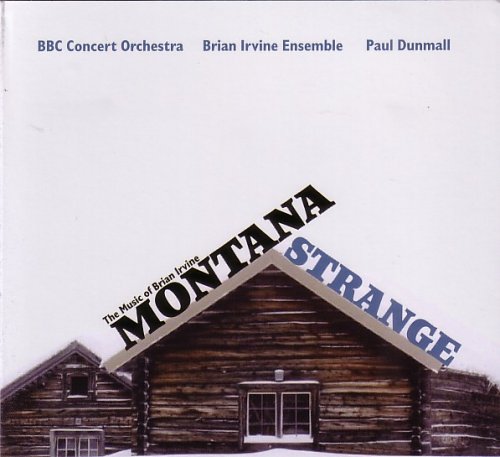
![The Mood Mosaic & Fausto Papetti - Bésame (Y Haz De Mi Cuerpo Tu Reino) (2026) [Hi-Res] The Mood Mosaic & Fausto Papetti - Bésame (Y Haz De Mi Cuerpo Tu Reino) (2026) [Hi-Res]](https://www.dibpic.com/uploads/posts/2026-02/1772125285_cover.jpg)
